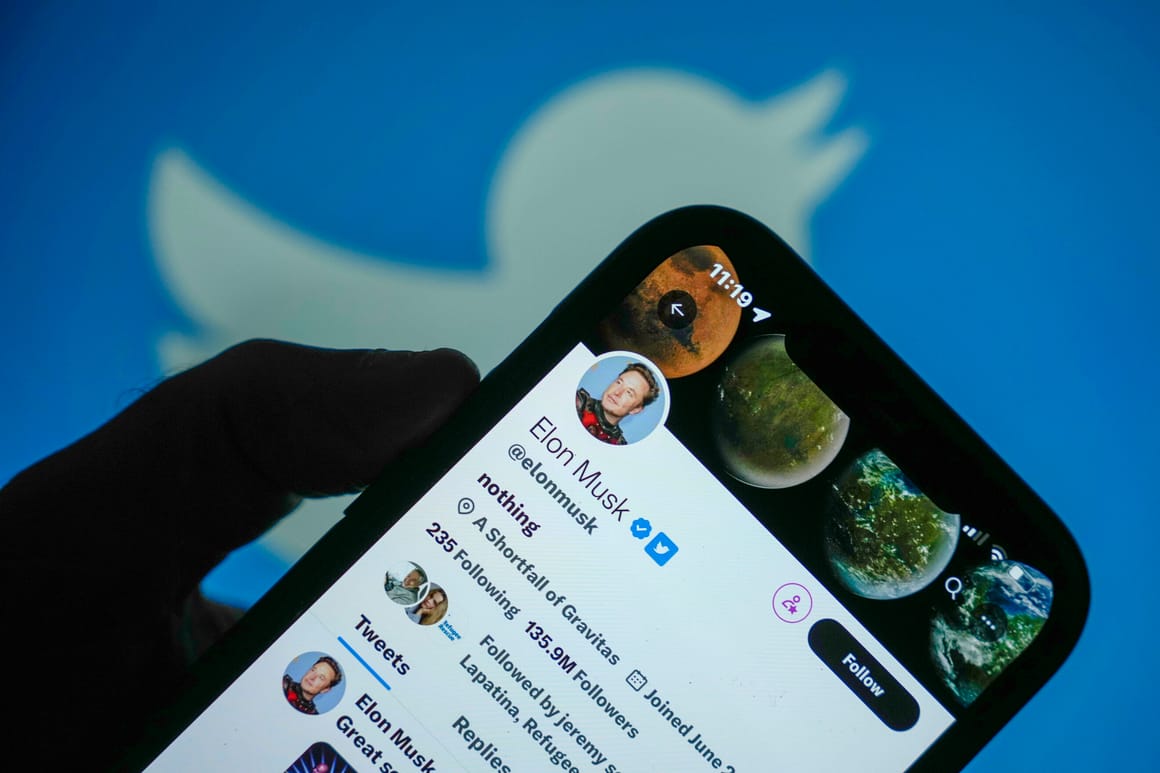The Unraveling Trust: Examining the 2024 Presidential Stakes
As the world braces itself for another critical political showdown in the United States, the 2024 presidential race is shaping up to be a fierce battle between former President Donald Trump and current Vice President Kamala Harris. With political tensions reaching a boiling point, it is impossible to ignore the striking parallels between Trump’s strategies and those seen in other electoral arenas, particularly Nigeria’s recent elections.
The Shadow of Trump’s Legacy
History has shown us that Trump’s electoral antics have cast a long shadow over the current political landscape. As seen in the wake of the 2020 election, Trump vehemently claimed widespread election fraud despite a lack of evidence, echoing sentiments found in politically tumultuous nations. Drawing lessons from his campaign, it won’t be surprising if he contests the election results in 2024, especially given the polls indicating a close race between him and Harris.
The stakes are higher this time around.
This skepticism towards electoral outcomes raises concerns about American democracy. Trump’s alleged instigation of the chaotic January 6 riot and his ongoing legal troubles—including felony convictions and tax evasion allegations—serve as critical reminders of how deeply intertwined the political and moral landscapes have become. Despite facing significant legal issues, Trump’s resilience in capturing a substantial portion of voter support demonstrates the deep divides within American society and a disturbing shift in the political ethos.
A Nation Divided
As Trump’s influence within the Republican Party solidifies, his rhetoric has increasingly questioned the legitimacy of electoral institutions, raising alarms among political analysts. The perception that the integrity of democracy is under siege is palpable, with many fearing that another Trump presidency could further erode the very foundations of American governance.
Prominent members of political circles have not shied away from labeling Trump as a potential fascist, underscoring the perceived threats posed by his administration’s tactics. In light of this narrative, one has to wonder: how much further can the political discourse deteriorate before the nation reaches a breaking point?
Roots of Distrust in Politics
The unraveling of political trust in the United States is not a recent phenomenon. A historical overview shows that systemic issues date back decades, from the Vietnam War and the Watergate scandal to various controversies surrounding several administrations. The consequences? An electorate increasingly disillusioned with political figures across party lines, making room for disruptive candidates like Trump to rise to prominence.
This dissatisfaction reflects a broader global trend where many democracies grapple with rising populism and anti-establishment sentiments. As the socio-political landscape shifts, more citizens feel that conventional political pathways are failing them, creating fertile ground for challengers.
The rise of populism echoes across democracies worldwide.
Enter Kamala Harris
Vice President Harris, often characterized as a pivotal figure during the Biden administration, finds herself in a challenging position three years into her tenure. She is heralded by some as a beacon of progressive values, advocating for immigration reforms while simultaneously getting criticized for the perceived crisis stemming from increased immigration during her time overseeing the border policies.
While some attribute current economic woes to this influx, many experts suggest that the broader context of global inflation and cascading international trade issues holds far more weight than any singular factor. Nonetheless, Trump’s narrative effectively resonates with certain voter groups, positioning him as the populist champion against what he frames as an unchecked immigration crisis.
The Clash of Values
The ideological battleground in this election is stark. The clash between progressive social policies and traditional values appears to be more pronounced than ever. The Democratic Party’s push for reproductive rights and LGBTQ+ recognition, while expansive, has alienated many conservative constituents who feel that their values are being sidelined.
Prominent conservative thinkers articulate that contemporary issues have escalated from private ethics to societal norms, making the conversation about more than just policy—it’s about the very fabric of American society. “Abortion has always been about more than abortion,” cautions notable conservative scholar Charles Colson, emphasizing the slippery slope of moral decay in contemporary America. Such statements reveal the deeply rooted anxieties surrounding the direction of national discourse.
The struggle for the soul of America continues.
Conclusion: A Political Future in the Balance
As the election draws near, the discourse growing around the 2024 race reveals not just a frayed political fabric but a nation standing at a pivotal crossroad. Could America continue to embrace the shadows of populism and divisions, or will it rediscover the ideals that once defined its democratic journey?
As both Trump and Harris vie for the presidency, the melting pot of affection, anger, and apathy will undoubtedly shape the future of the nation. Only time will tell if the lessons from the past will be heeded or if history is doomed to repeat itself. The stakes are undeniably high, and as the old adage goes: may the best candidate win.


 Photo by
Photo by 












